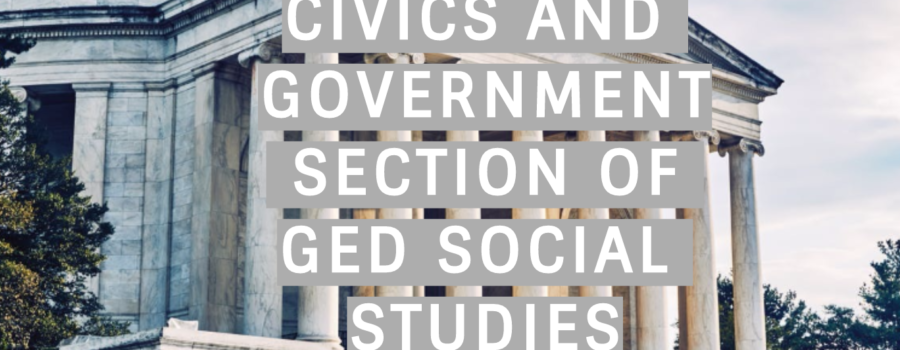GED Social Studies
Students who are taking the GED course should know that Civics and Government is part of the GED social studies. This particular unit covers different topical issues that will enable the student to understand the various concepts in civics and government both at the local and international level. It exposes the learner to concepts in international relations, politics and the duties of citizens. The unit introduces one to the concept of government from its earliest to its most modern form. It highlights the different forms of government that are practiced the world over. It provides the concept of a democratic government where the majority rule through representatives. It also covers the totalitarian form of government in which an individual or a small group of individuals rule over the people. The other form of government is the dictatorship where an individual exercises absolute power over a people.
The course also concerns itself with the topic on international relations and also tackles the US foreign policy. The concept of diplomacy and international relations is explained and examples given. Moreover, the unit also discusses international organizations like the UN, NATO, SEATO, and others which are useful in conflict management and the advancement of diplomatic initiatives in international relations. The importance of government financing and taxation is discussed at length. Workers and businesses are required to pay taxes to help in the running of government institutions. The government then shares this revenue with the local government to finance key projects and also meet its financial obligations. Different types of taxes that a particular government charges are also listed. These taxes include property taxes, sales taxes, utility taxes and many others.
The issue of active citizenship and public opinion is also put to the fore. Political activity is largely based on public opinion and this is a great determinant of how a government is run. The importance of the mass media in determining public opinion is also underscored. The use of propaganda by the media through commercials, advertising, and editorials is seen as an attempt to shape public opinion on matters of governance. The other issues that are discussed include the direct and active actions of the citizens to demand for services from the government to safeguard their interests. These actions can be through lobbying and demonstrations through the formation of pressure groups. Nonetheless, the best type of active citizenship in any democratic government is the right to vote.






